|
A copy of this letter was sent to the Speaker of the House and all State Judiciary Committee members in the Georgia House of Representatives on February 26, 2024.
Dear Representatives, On behalf of Birds Georgia members across the state, we are writing today to express our opposition to House Bill 370. This bill is a threat to more than 50 years of salt marsh protection in Georgia and could have catastrophic impacts on our salt marsh resources and the many species of birds that rely on them. Birds Georgia’s mission is to build places where birds and people thrive. We fulfill our mission through education, conservation, and community engagement. With more than 2,500 members and more than 5,000 National Audubon Society members from across the state, Birds Georgia represents a broad constituency united by a desire to protect birds and other wildlife. Our constituents include Georgia residents, frequent visitors, and concerned citizens who understand the both the significance and beauty of Georgia’s salt marshes for birds. Please consider the following: — This bill would effectively remove the marsh as part of the public trust doctrine. The new standard would open the door for more hardening of our shorelines, which would also remove native habitat, impacting wading birds and key migratory species that rely on the marsh for nesting and resting habitat. It would also make coastal Georgia more vulnerable to storm surge and king tides. — The unique curved coastline of the Georgia Bight results in large changes of water depth between low tide and high tide every day. This intertidal zone of extensive salt marshes, expansive sand and mud flats, and undisturbed areas of beach creates huge areas of potential food resources that are exposed by the receding tide. In recognition of the value to shorebirds in the Bight, there are three Western Hemisphere Shorebird Reserve Network (WHSRN) sites encompassing much of coastal South Carolina and Georgia. The loss and/or development of Georgia’s salt marshes could threaten our state’s designation as a WHSRN. — The loss and/or development of our salt marshes in Georgia would have negative impact on the following bird species, to name a few: Saltmarsh Sparrow; Seaside Sparrow MacGillivray's subspecies, specifically); Nelson's Sparrow; Clapper Rail; Willet (the Eastern subspecies nests in Georgia’s marshlands); Marsh Wren (Worthington's subspecies, Georgia’s resident breeder); Eastern Black Rail (may already be extirpated from the state); Little Blue Heron; Tricolored Heron; Whimbrel; Roseate Spoonbill; Wood Stork; as well as other species of shorebirds that live year around or migrate through Georgia. The bottom line is what's bad for birds, is bad for people too. This bill has passed the House Judiciary Committee by a vote of 5-4. It is now sitting in Rules. We implore you to help stop the forward progress of this bill by either ensuring it does not pass out of Rules or that it gets committed to the House State Properties Committee. HB370 should not pass. It goes too far and could destroy coastal Georgia's most iconic landscape and the birds on which they depend. Thank you for your consideration. Sincerely, Jared Teutsch Executive Director
0 Comments
Your comment will be posted after it is approved.
Leave a Reply. |
AuthorBirds Georgia is building places where birds and people thrive. Archives
July 2024
Categories |

 RSS Feed
RSS Feed

